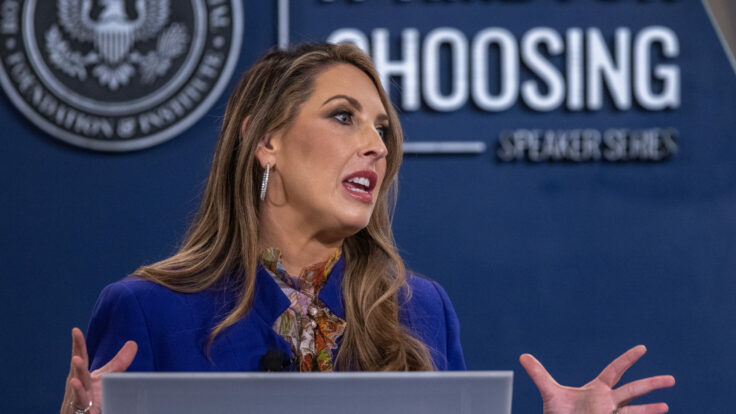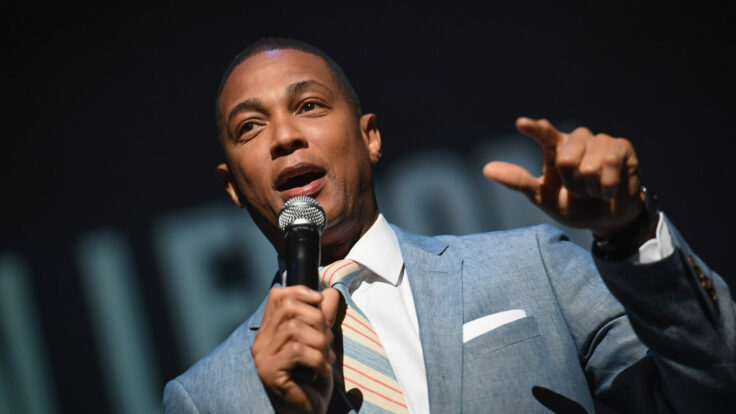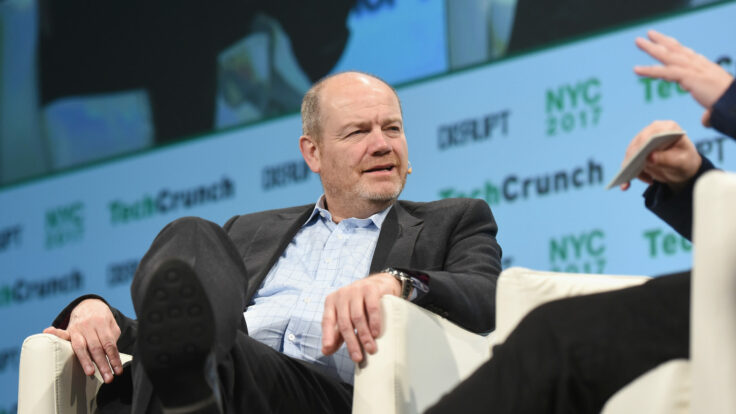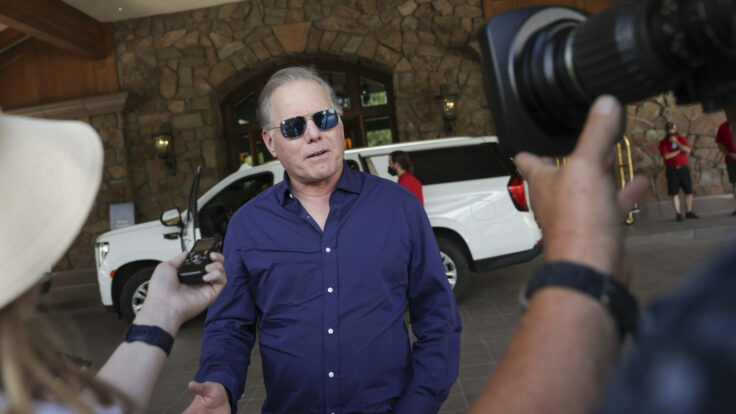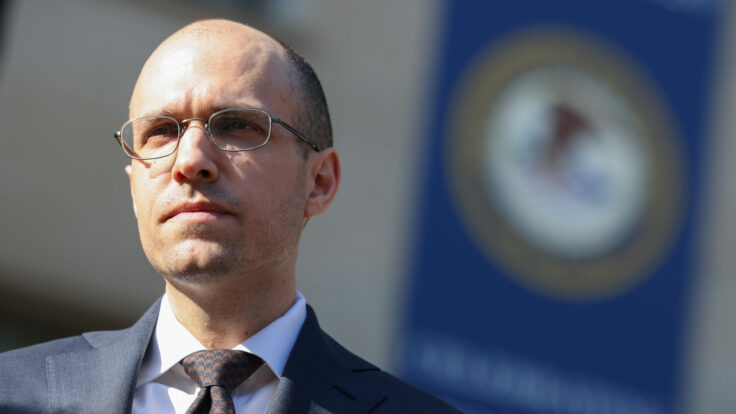For the past 10 months, I’ve been transfixed by how the banishment of Donald Trump from social media has affected his political salience and what he might do to reclaim the spotlight. Trump may not have been the first American politician to fully recognize the power of Twitter and Facebook to dominate media coverage, but he sure was the first to leverage it ad infinitum. So surely he would plot some way back to the fore, I assumed, if not only for political purposes then for measures of, well, rhetorical self-satisfaction. And if not for those, at least as a business opportunity. Trump is a guy who ran for president largely to use the office as a marketing platform, and barring an unforeseen act of enlightenment, he would presumably want to maximize the financial upside from short-burst social media micro-aggressions.
In the course of my past reporting, sources close to Trump often predicted two possible outcomes. One: Trump would acquire or partner with a lesser social media company and rebrand it in his likeness, similar to how he built his business portfolio—certainly the core real estate business, but also the peripheral cologne, vodka, and tie shingles. Or, second: he would endeavor to build his own media company from scratch, from the tech stack to the actual product itself.







